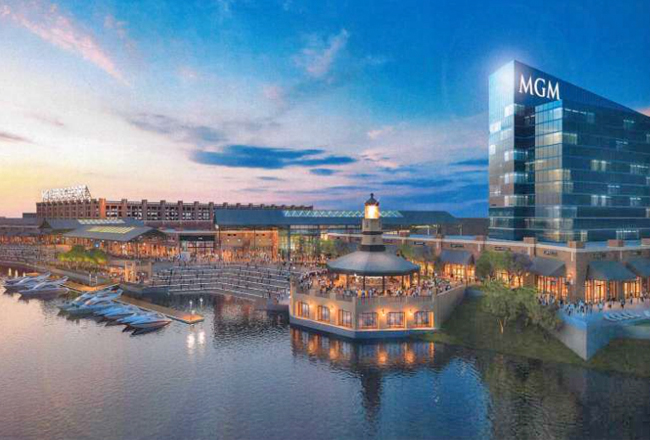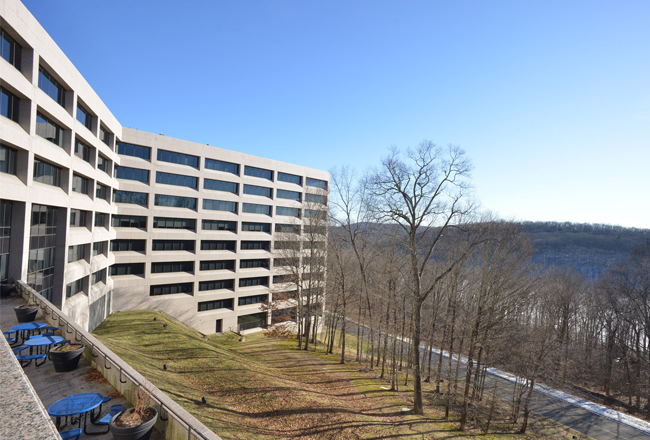Two new reports are highlighting the financial and political investments that MGM Resorts International has made to secure a stake in Connecticut”™s casino industry.

The Connecticut Mirror is reporting that MGM Resorts spent $3.8 million in Connecticut-based lobbying during 2017, which was more than three times greater than any other entity focused on lobbying within the state. MGM Resorts sought legislation to open Connecticut to nontribal gaming. In September, the company proposed a $675 million casino resort in Bridgeport, with a job training center in New Haven.
Uri Clinton, MGM Resorts”™ senior vice president and deputy general counsel, was unapologetic over the company”™s lobbying thrust. “Are there high stakes?” Clinton asked. “Absolutely. MGM is very transparent. When we spend $3 million lobbying, do we think it”™s going to be a news story? Yeah. This is high stakes and it”™s amazing to me people are surprised. The tribes have done this in spades.”
Although MGM Resorts failed in its legislative goals last year, its efforts appear to be paying off this year. State Rep. Joe Verrengia, a Democrat from West Hartford, the co-chairman of the legislative committee that focuses on gaming legislation, announced his intention to invite independent experts to an informational hearing next month that will consider the future of Connecticut”™s gaming industry.
One area in Connecticut where MGM Resorts”™ lobbying appears to have worked involved the halting of progress on a third casino in East Windsor that would be jointly operated by the Mohegan and Mashantucket Pequot tribes. MGM Resorts is planning to open a casino across the state border in Springfield, Massachusetts, and its lobbyists in Washington, D.C., are being identified in working to ensure the East Windsor project would not proceed.
According to a report in Politico, MGM Resorts spent $1.5 million last year on five Washington lobbying firms and its own in-house lobbying operations to reportedly influence the Department of the Interior”™s policymaking. Politico stated that Interior Secretary Ryan Zinke and other department officials conducted “numerous meetings and phone calls with MGM lobbyists and the company”™s Republican supporters in Congress,” although it was not certain if these discussions involved the East Windsor casino project. Two Nevada Republicans, U.S. Sen. Dean Heller and Rep. Mark Amodei, were also identified as influencing Zinke on MGM Resorts”™ behalf.
Zinke declined to offer either approval or rejection on the July 2017 gaming compact amendments signed by Gov. Dannel P. Malloy and the tribes that enabled the new casino on nontribal land in East Windsor, thus stalling the work on the new casino. The tribes and the state have sued the Interior Department for not signing off on the compact amendments, and Connecticut”™s U.S. senators have criticized Zinke”™s actions.
“I think the Department of Interior has been derelict in failing to give approval,” said U.S. Sen. Richard Blumenthal. “We asked for a meeting, but they were unresponsive. They never even responded.”
“It seems pretty clear to me what happened,” said U.S. Sen. Chris Murphy, adding that Associate Deputy Interior Secretary James Cason was initially responsive to signing off on the compact amendments. “MGM got to Secretary Zinke and convinced him to overrule the decision of a career public servant at the Department of Interior. The timeline is pretty clear.”





















